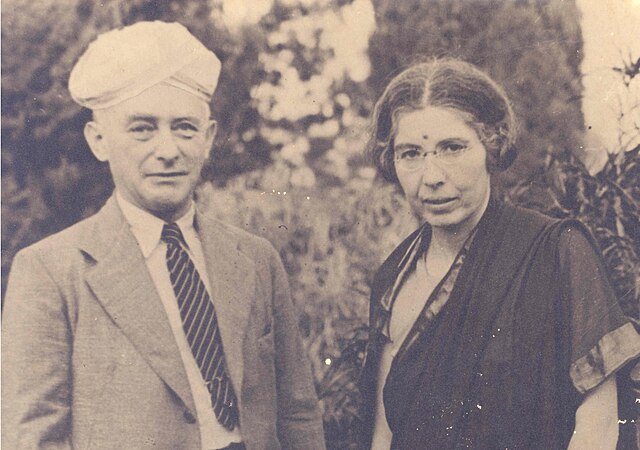Infinite photos and videos for every Wiki article ·
Find something interesting to watch in seconds
History by Country
Celebrities
Countries of the World
Crown Jewels
Largest Empires
Tallest Buildings
Sports
Great Artists
Great Museums
Orders and Medals
Wonders of Nature
Ancient Marvels
Great Cities
Wars and Battles
World Banknotes
Supercars
Recovered Treasures
Best Campuses
Presidents
Kings of France
Richest US Counties
Animals
Famous Castles
Rare Coins
British Monarchs
Largest Palaces
more top lists





